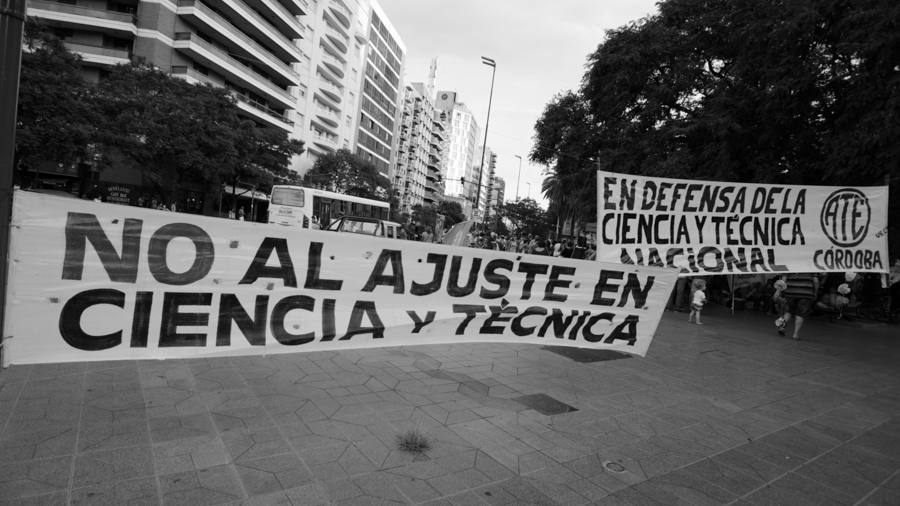The COVID-19 pandemic has exposed Latin America’s strong dependence on the countries of the global north. The active deindustrialization and neoliberalism in most countries and a very low investment in science and technology, create a critical scenario for the future of this part of the world. The debate on state budgets for scientific research is principal. It involves analyzing the active role of the state in resolving basic and specialized supply chains, which are considered strategic. It also involves thinking about how changes in geopolitics can be generated, focusing on technological and scientific cooperation actions among the countries of the global south, as a popular exit to the pandemic.
Latin America made progressive advances during the first fifteen years of the 21st century. Then suddenly a broad-spectrum neoliberal offensive happened, with military coups, parliamentary coups and judicial persecutions of popular leaders. As a result, the right-wing forces returned with the purpose of dismantling social systems, free and quality education, health, increasing flexibility of the labor market, and especially liquidating science and technology systems, as is happening in Brazil, or as happened with the previous government in Argentina (2015-2019). Transnational business lobbies do not want innovations or patents for scientific developments on the peripheries. Their business is to sell medicines, equipment, and technology to our countries.
Production chains for acquiring biotechnological products, speciality products, medical research resources, and other products, are contingent on the global market. In the 1990s, the HIV pandemic taught us that pharmaceutical companies and countries with science and technology research abused their position of power, selling retroviral drugs to peripheral countries at amounts unaffordable by their healthcare systems. The seriousness of the situation forced Brazil and South Africa to declare a health emergency in 2001. Challenging the world’s major pharmaceutical companies, they produced retroviral in their countries. The cost of treatment went down from 200,000 USD a year per patient to 200 USD. Will the same be done with the COVID-19 vaccine?
The reality is that Latin America is in the hands of large science and technology companies, unless China keeps its promise and grants the vaccine patent, when it succeeds in developing it. The conservative offensive forced Venezuela to restrict its scholarship programs for postgraduate and technological courses, which became 2% of GDP in 2014. According to data collected by the World Bank and the Ibero-American Network of Science and Technology (RICYT), after the coup in Brazil, between 2017 and 2019, 1.2% of GDP was invested, an amount that has been decreased by 40% for 2020, reaching to a limited 0.80%. Mexico with 0.40%, and Argentina with 0.56% are trying to rebuild their science and technical projects after neoliberal Tsunami.
Neither international recommendations nor the negative experiences due to the lack of development in science and technology have been sufficient arguments to increase investment in Latin America. The reality indicates a reduction in investment and the signing of patent commitments in the Free Trade Agreements signed by governments. We are dealing with a global monopoly on scientific and technological products. A cognitive capitalism that deepens inequality.
The average regional investment (of GDP) in this area in Latin America is 0.38%, a percentage way below the earmarked by the member countries of the Organisation for Economic Co-operation and Development (OECD), which is an average 2.4%. The trend of stagnation and reduction in budgets in Latin America, as is the case in Ecuador, where in 2017 an investment of 0.44% was reported and in 2020 nothing has been reported, and in Uruguay, where it dropped from 0.4% to 0.36%.
Latin America is the most unequal region on the planet and it reflects on the social divide to access science and technology. The efforts and interests of large pharmaceutical corporations are against the poorest sectors, not against the 1% that maintains power in the region. We are pieces of global power disputes, rightly focused on the advances and developments of science and technology. The US-declared “trade war” against China for 5G technology, has forced the region to take a position on a 2.0 version of the Cold War.
Latin America is lagging behind and is at risk, the strategy to address this crisis is a south to south dialogue, and defining a definitive path to develop robust science and technology systems, capable of meeting current challenges.





